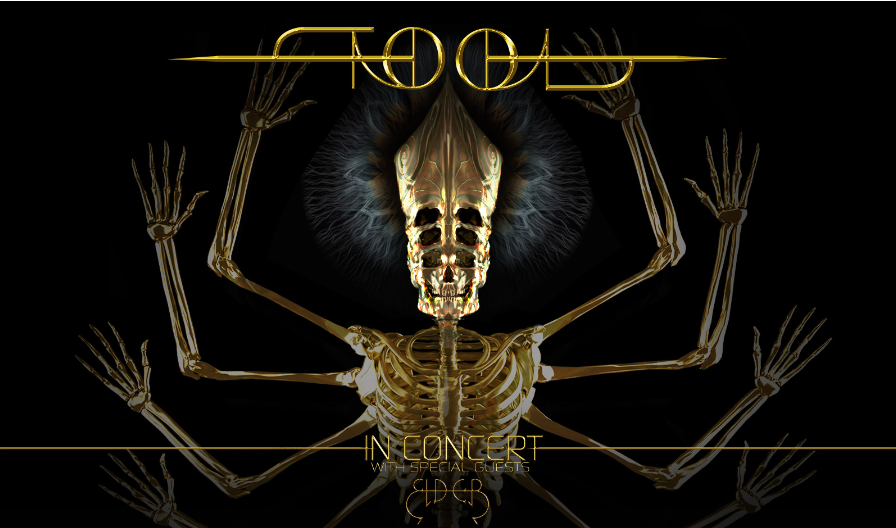Morrissey’s Candid Critique
In the wake of Sinead O’Connor’s untimely demise, the music community and public figures have flooded social media with heartfelt tributes and accolades for the late Irish singer. However, Morrissey, the iconic musician, known for his candid opinions, has taken a different stance. In a no-holds-barred statement posted on his website, Morrissey called out specific members of the music industry and media, accusing them of insincerity. According to Morrissey, these individuals are now praising O’Connor solely because it’s too late, claiming they lacked the courage to support her during her life when she needed it the most.

A Troubled Legacy Ignored
Morrissey’s critique delves into the challenges faced by artists who don’t conform to the music industry’s norms. He shed light on Sinead O’Connor’s struggles, stating that despite selling millions of albums for her label, she was eventually dropped, leaving her emotionally vulnerable and isolated. Morrissey, himself no stranger to industry prejudice, pointed out the music business’s disdain for artists who refuse to fit the established mold. He highlighted the hypocrisy of record labels and executives who had once turned her away, now hypocritically touting her as a “feminist icon.” Morrissey believes that such artists are often labeled pests for not playing along with the industry’s expectations, and their talents and contributions are only recognized posthumously.

The Price of Authenticity
In his passionate diatribe, Morrissey likened Sinead O’Connor’s fate to that of other legendary artists like Judy Garland, Whitney Houston, Amy Winehouse, Marilyn Monroe, and Billie Holiday. He emphasized that O’Connor’s refusal to be pigeonholed and her unwavering authenticity subjected her to relentless harassment and degradation. Morrissey hailed her courage to speak out when others chose silence, challenging the status quo and demanding to be recognized for her true self. He lamented how mainstream media often miss the point and resort to cliched terms like “icon” and “legend,” which seem hollow compared to the cruel and dismissive remarks that were once directed at her. According to Morrissey, Sinead O’Connor deserved better from a music industry that abandoned her in life but now seeks to exploit her legacy in her absence.

In conclusion, Morrissey’s candid critique of the late Sinead O’Connor tributes exposes the darker side of the music industry and media, shedding light on the challenges faced by artists who don’t conform to industry norms. His bold statement serves as a reminder to celebrate and support artists during their lifetimes, rather than merely paying hollow homage after they are gone. Sinead O’Connor’s legacy should be one of resilience and authenticity, inspiring others to break free from society’s expectations and embrace their true selves without fear of judgment or ridicule. As we mourn the loss of yet another extraordinary talent, let us also reflect on the profound impact that unwavering support can have on artists’ lives and well-being.










